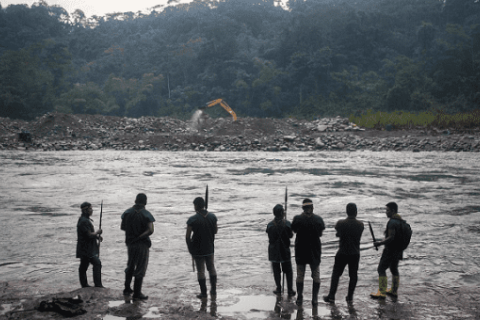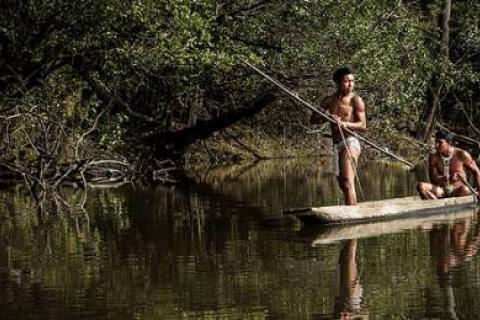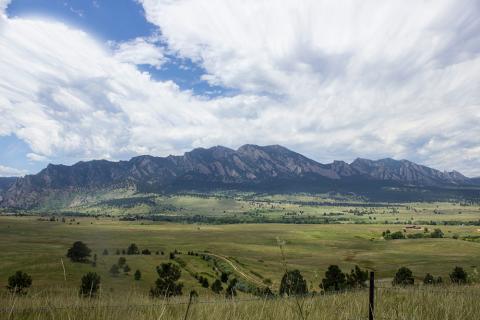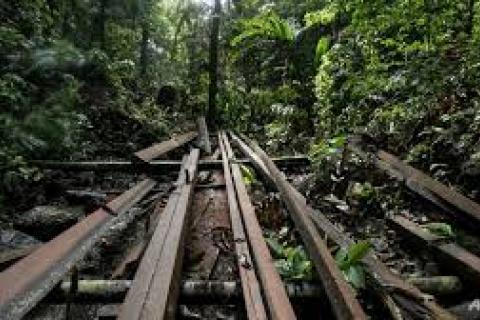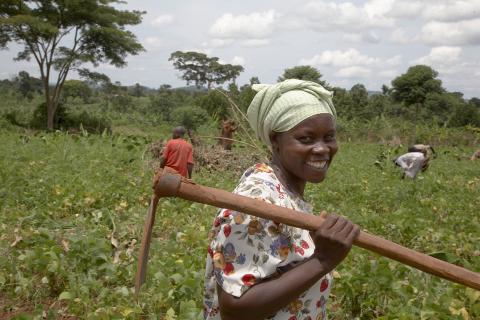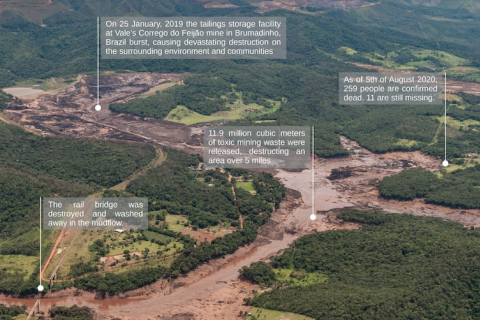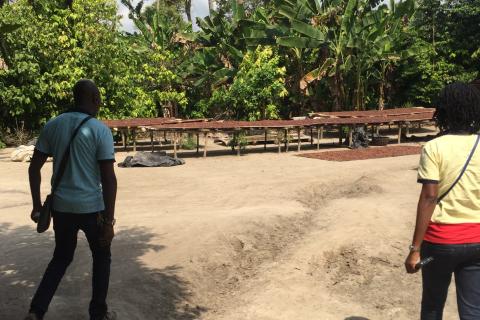The Glasgow Climate Pact and land rights: the good, the bad and the ugly
Prindex Co-Director Anna Locke and Researcher Lizzy Tan break down the summit’s final text after their time on the ground at COP26.
The mood is mixed coming out of Glasgow. There’s relief that the world didn’t step back from the 1.5°C goal and that rich countries will provide more climate finance. There’s delight that the check-ins on progress will now happen every year. There’s resigned acceptance that the coal phase out was phrased down to make it into the final text.
But there’s real frustration and fear as well.


